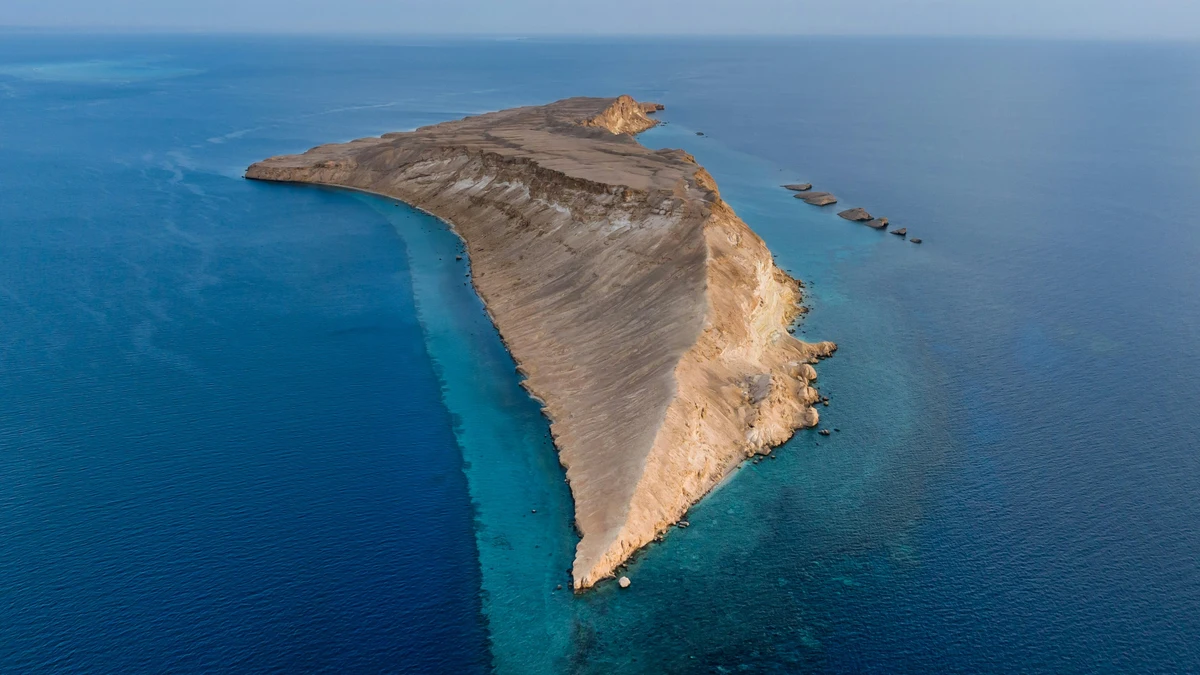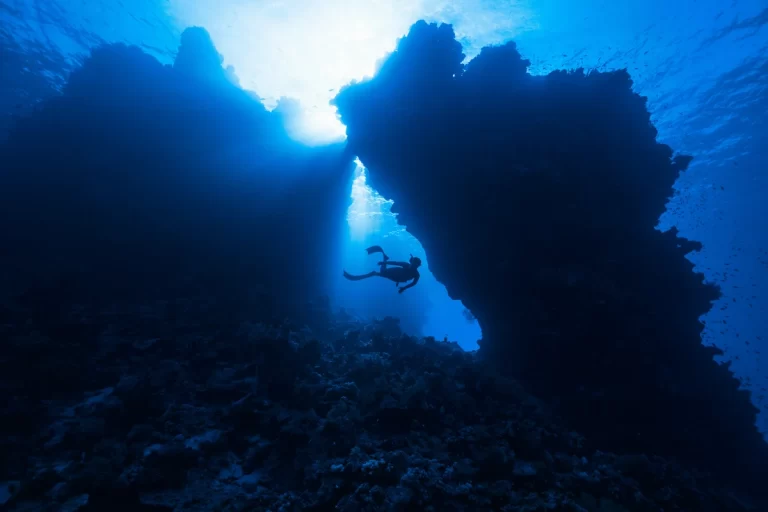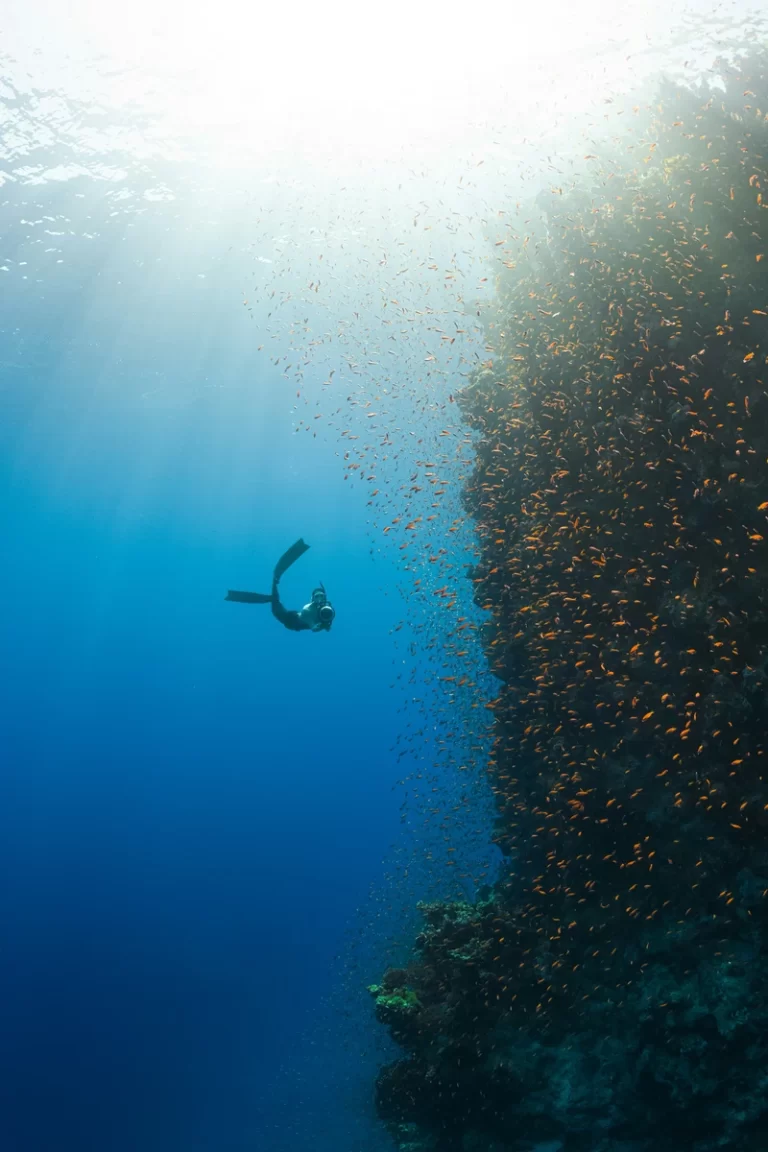
The importance of sustainable marine resource management
The oceans are a vital part of our planet, covering over 70% of the Earth’s surface and providing countless benefits, from food and livelihoods to climate regulation and recreation. But our marine environments are under increasing pressure from overfishing, pollution, and climate change.
Ensuring the sustainable use of marine resources is essential for protecting biodiversity and supporting long-term economic and ecological health.

Protecting biodiversity
The health of our oceans relies on biodiversity. Diverse ecosystems, such as coral reefs, mangroves, and seagrass beds, provide habitats for thousands of species and support complex food webs. In Saudi Arabia, the coral reefs are a stunning example of this biodiversity.
They are home to a myriad of marine life, from colourful fish to intricate coral structures, each playing a unique role in maintaining the balance of the ecosystem.
Overexploitation and destructive practices can – and have – lead to the loss of species and habitats, disrupting these delicate balances.
By implementing sustainable practices, we can protect these ecosystems and ensure that they continue to thrive. What does this mean, practically? Tactics such as setting fishing quotas, establishing marine protected areas, and promoting responsible tourism and aquaculture have all been used successfully for forward-thinking governments and environmental bodies.
Supporting economic and ecological health
And let’s keep in mind that healthy marine environments are not only critical for biodiversity but also for the economy.
Fisheries and tourism are major sources of income for many communities, particularly in coastal regions. Sustainable management of marine resources ensures that these industries can continue to provide livelihoods without depleting the resources they depend on. It’s a mindful approach that can preserve the livelihoods of future generations.
Let’s take a look at one of these; sustainable fishing practices. These can help maintain fish populations at healthy levels, ensuring that there are enough fish in the coming decades. This not only supports the fishing industry but also preserves the marine food web, which many other species rely on. Similarly, protecting coral reefs from pollution and destructive activities ensures that they remain vibrant and attractive to tourists, supporting the local economy. It’s a symbiotic cycle with marine life, humans, and our economies all playing a role.
Staterra’s role in sustainable marine management
At Staterra, we are committed to promoting sustainable marine resource management.
Our services in marine environment management focus on protecting biodiversity and ensuring the sustainable use of marine resources. By working with local communities, governments, and businesses, we aim to create strategies that balance economic needs with ecological health.
We provide comprehensive assessments of marine environments, identifying key areas of biodiversity and potential threats.
Our team develops tailored management plans that include measures such as habitat restoration, pollution control, and sustainable fishing practices.
And we also offer training and support to local stakeholders, empowering them to take an active role in conservation efforts.

The path forward
The future of our oceans depends on the actions we take today. By prioritising sustainable marine resource management, we can protect the incredible biodiversity of places like Saudi Arabia’s reefs and support the long-term health of our planet’s marine ecosystems.
It is a shared responsibility that requires collaboration and commitment from all sectors of society; sustainable marine resource management helps us ensure a thriving future for both nature and humanity.
Fascinated by the marine environment? In that case learn a few tips on managing marine environments sustainably.
